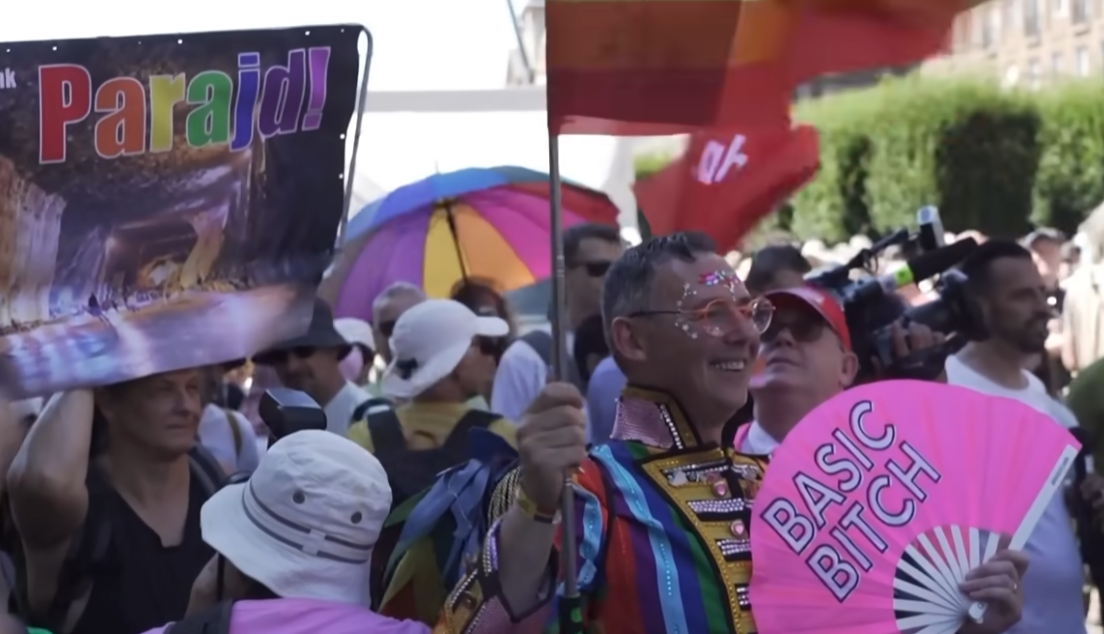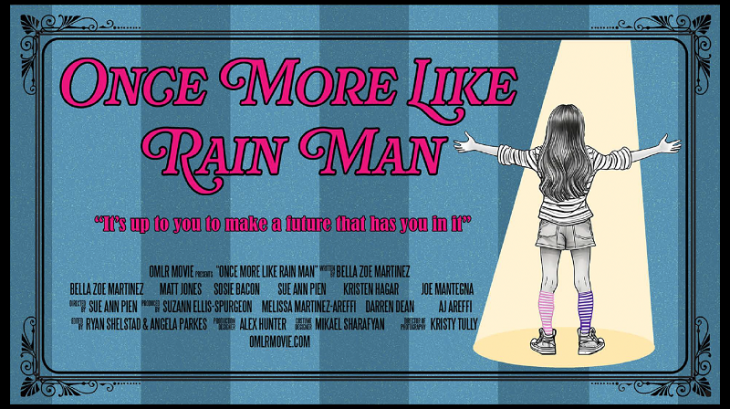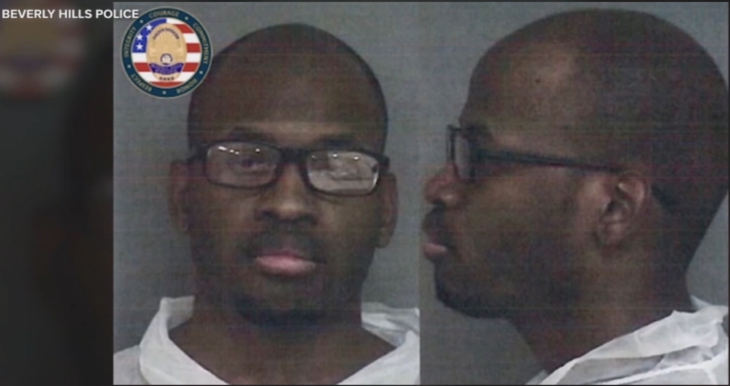Marchers Risk Fines and Jail Under New Law Targeting LGBTQ+ Gatherings
Tens of thousands marched through the streets of Budapest on Saturday in a vibrant show of LGBTQ+ solidarity, defying a government ban and warnings of legal repercussions under Hungary’s increasingly restrictive laws.
Organizers of the 30th annual Pride march said more than 100,000 participants gathered near City Hall and proceeded through the city center, eventually crossing the Danube River via Erzsébet Bridge. The event went ahead despite threats of fines and possible prison time under legislation introduced earlier this year by Prime Minister Viktor Orbán’s ruling party.
Authorities diverted the march from its planned route to avoid potential conflict with a small group of far-right counter-demonstrators. No major confrontations were reported.
New laws passed in March prohibit events that “depict or promote” homosexuality to individuals under 18, criminalizing both attendance and organization of such gatherings. Under the legislation, authorities are permitted to use facial recognition technology to identify participants, with fines reaching up to 200,000 forints (about $586) and possible jail terms of up to one year for organizers.
Despite the legal risks, prominent political figures joined the demonstration, including Budapest Mayor Gergely Karácsony, European Commissioner Hadja Lahbib, and European Parliament Vice President Nicolae Ștefănuță. Speaking ahead of the march, the officials said the event would move forward in defense of civil liberties and LGBTQ+ rights.
Prime Minister Orbán, who has aligned closely with Russian President Vladimir Putin on social and cultural issues, has enacted a series of measures in recent years targeting Hungary’s LGBTQ+ community. These include bans on same-sex adoption and prohibitions on LGBTQ+ content in media accessible to minors.
Critics have drawn comparisons between Hungary’s policies and anti-LGBTQ+ legislation in Russia, accusing Orbán’s government of weaponizing culture war issues to consolidate power and silence dissent. In remarks to state media Friday, Orbán denied any intent to use force but reaffirmed that participation in the Pride event “will have legal consequences.”























